May 19, 2024 | 16:13 GMT +7
May 19, 2024 | 16:13 GMT +7
Hotline: 0913.378.918
May 19, 2024 | 16:13 GMT +7
Hotline: 0913.378.918
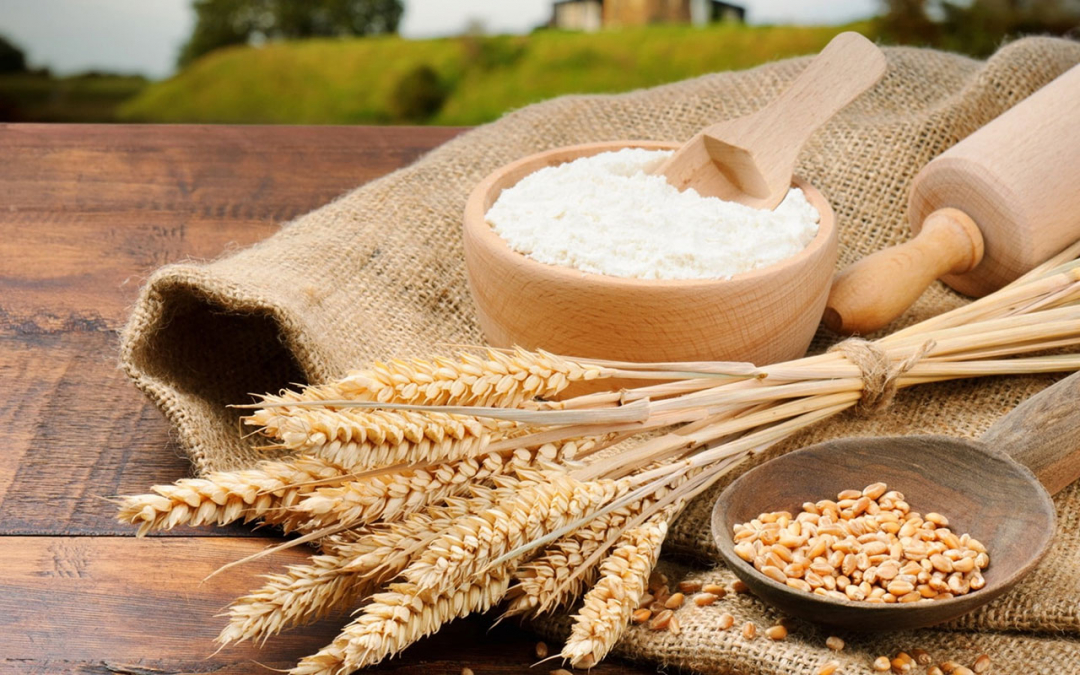
The moves, outlined by Premier Li Keqiang and the state economic planning agency in annual reports to parliament, also come after the COVID-19 pandemic last year fuelled food security jitters in the world’s most populous country.
“Ensuring that our people have enough food remains a top priority for our government. We are resolved to ensure food security for our 1.4 billion people, and we know we can achieve this,” said Li in his 2021 work report.
China buys wheat and rice, its staple food grains, from farmers at a minimum price when the market price drops below that level in order to support food production.
The government cut those support prices in 2018 after stocks of the grains ballooned. However, this year it lifted the minimum price for wheat for the first time since 2014 amid a renewed focus on food security.
Surging corn prices have also pushed animal feed mills to use more wheat, tightening supplies of the grain.
Recognising the competition for land between soybeans and corn, the state planner prioritised higher corn acreage and said production of soybeans would be stable this year, changing prior years’ trends of large increases in output. It also said it would support production of grains on barren land.
China will also work to conserve fertile black soil in the northeast while adding more high quality farmland, said Li.
The country will ensure stable supplies and prices of farm products, he added. The Ministry of Finance said spending on the stockpiling of grain and edible oils would remain the same as last year at 122.5 billion yuan ($18.92 billion).
The state planner highlighted the need to continue to rebuild and stabilise hog production, and to develop the cattle and sheep sectors.
China needs to ensure the security of animal and plant breeding resources in the five years to 2025, added Li, but no specific targets were set for commercialisation of genetically modified crops.
Speaking to reporters on the sidelines of parliament, Tang Renjian, Minister of Agriculture and Rural Affairs, said the ministry is studying a plan to help its breeding sector close the gap with foreign countries.
“We will strive to win this battle in around 10 years of hard work,” he said.
It is also seeking government approval to build a germplasm bank, which hold living tissue to improve the genetic diversity of livestock and poultry.
China relies heavily on imported genetic material for its meat chicken, dairy cattle and beef sectors.
A new national crop seed bank will be completed in September, he added. ($1 = 6.4731 Chinese yuan renminbi)
(Reuters)
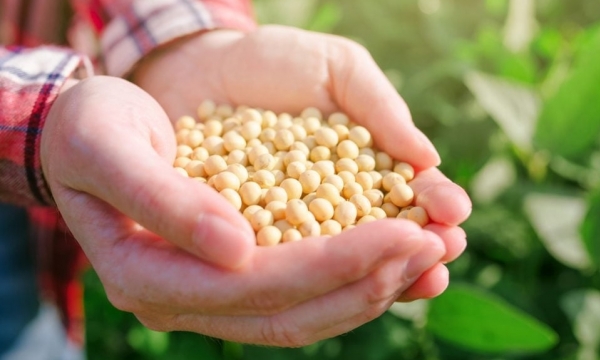
(VAN) The upcoming U.S. soybean harvest is expected to approach record levels, but exporters had sold practically none of it as of last week, a typical time when new-crop sales may start to roll in.
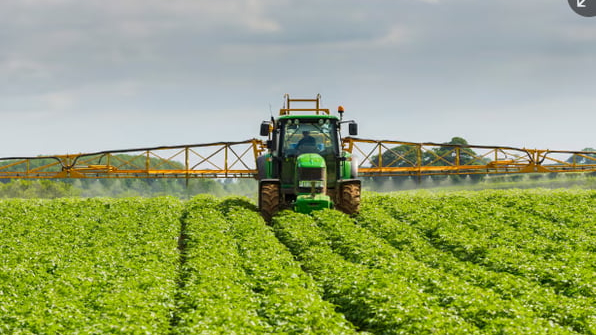
(VAN) Edible oil droplets trap bugs without the harm to people and wildlife that synthetic pesticides can cause.
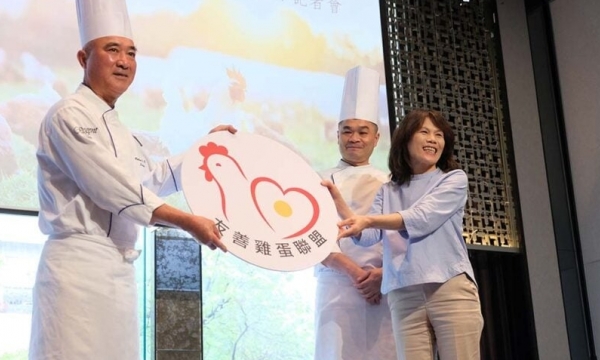
(VAN) The Silks Hotel Group – Taiwan’s largest publicly-listed hotel group – has announced a cage-free sourcing policy.
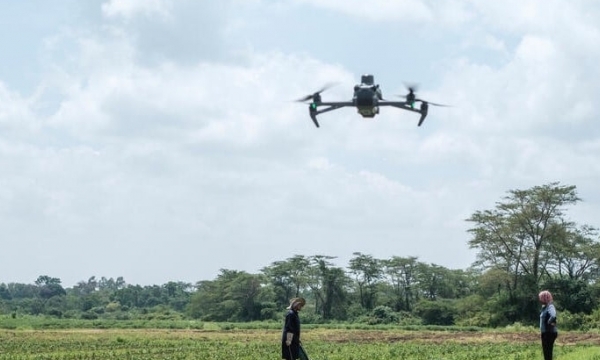
(VAN) Director-General QU Dongyu spoke at the Business Federation of the G7 in Rome
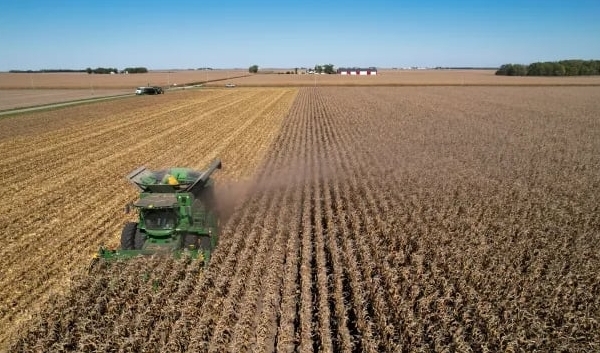
(VAN) Pharmaceutical, manufacturing and big agriculture interests have spent more than $400 million lobbying Congress on a new farm bill, a new report has found.
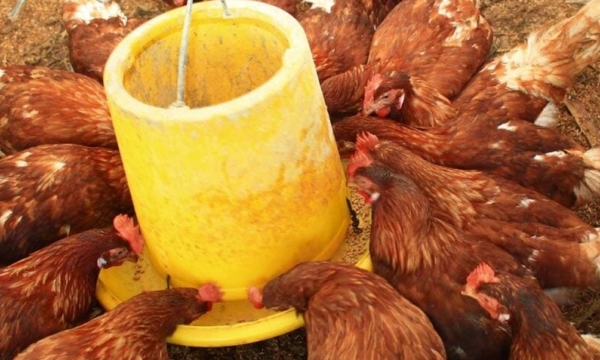
(VAN) RSPCA Assured has further extended its current pause on the introduction of new standards for laying hens, pausing its rollout for 9 months.
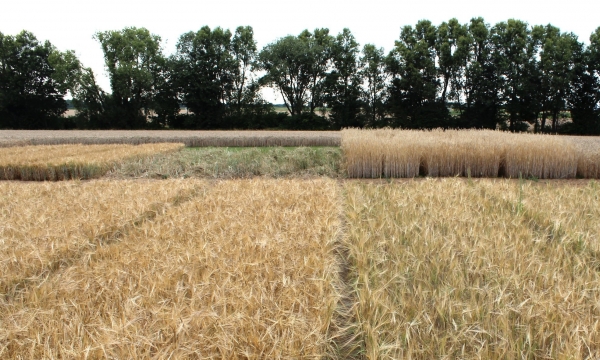
(VAN) Plants adapt genetically over time to the special conditions of organic farming. This has been demonstrated in a long-term study conducted at the University of Bonn.